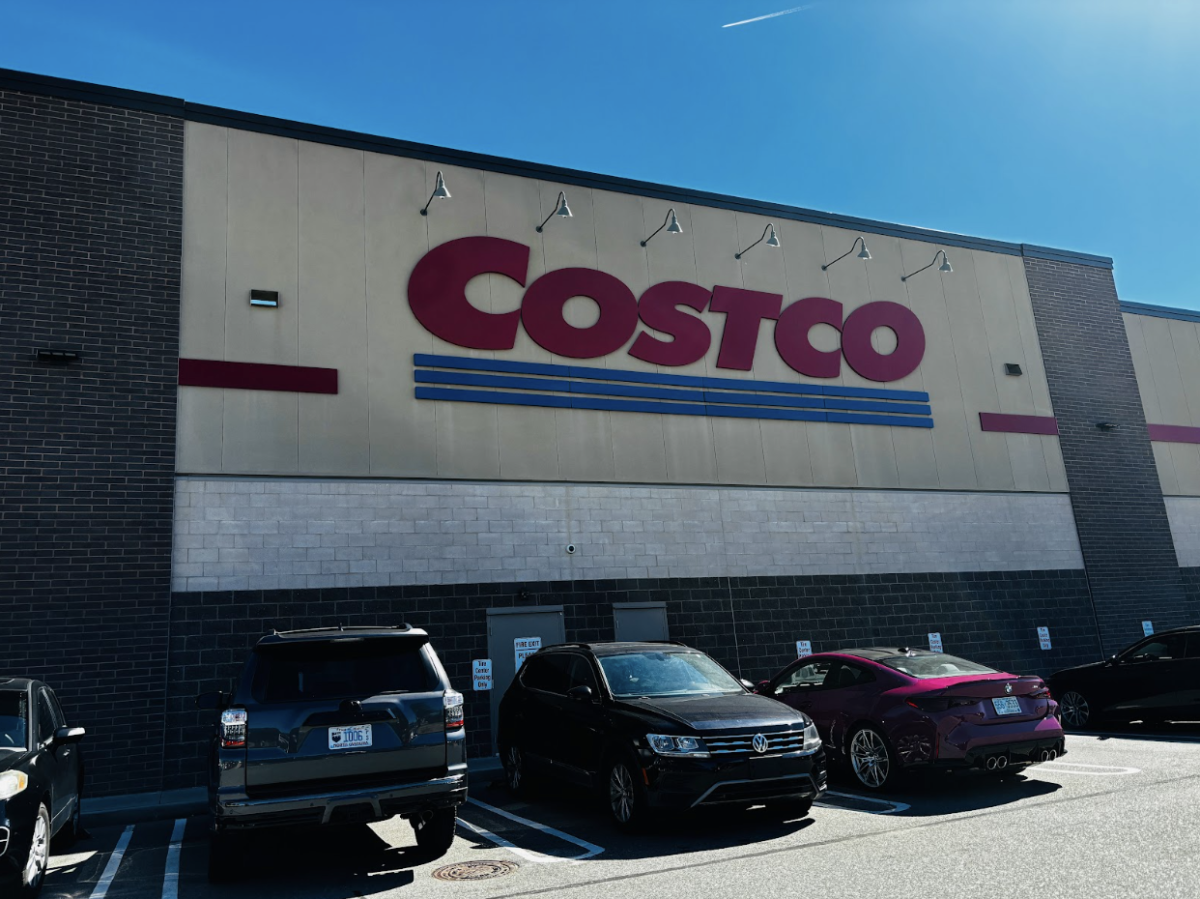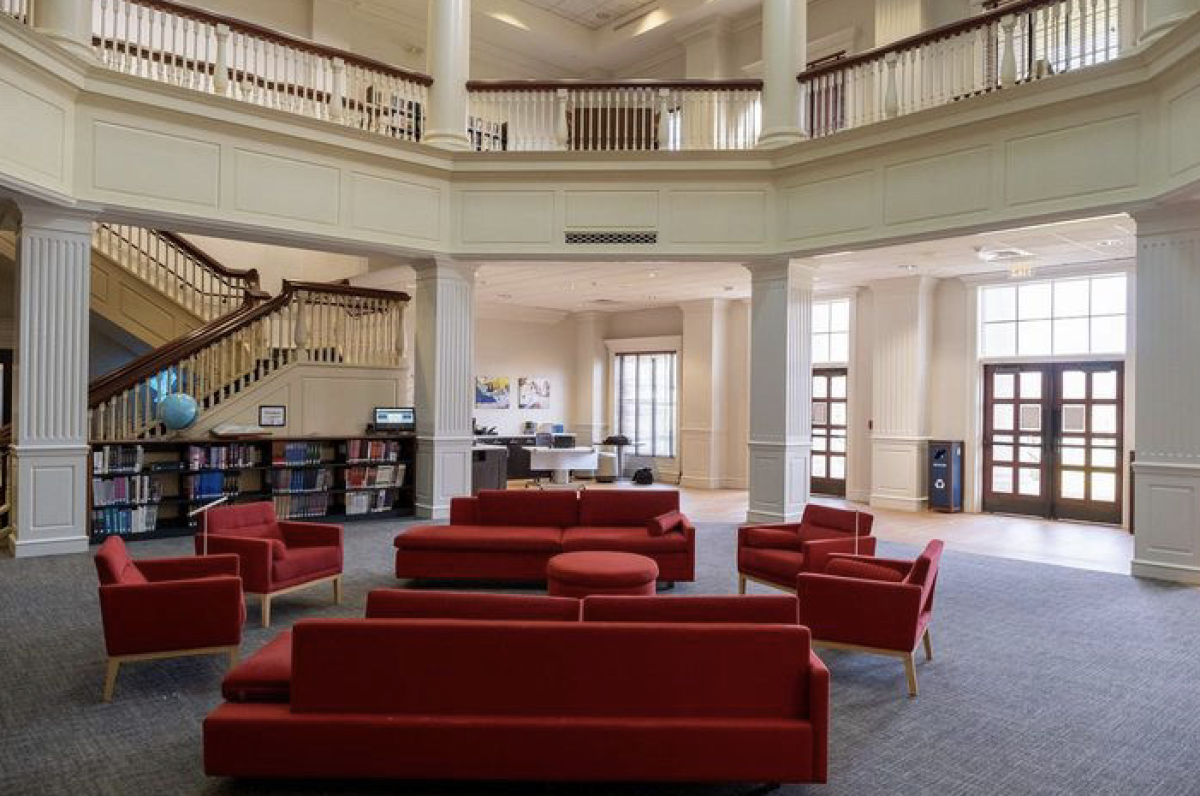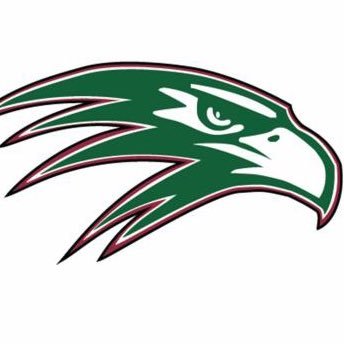On Sept. 22nd, the North Carolina Senate approved a bill that allows for all families to apply for private school vouchers. Senate Bill 406, also known as the “Choose your school, choose your future” will increase the funding for private school vouchers from $133 million last year to over $500 million by the end of the decade, which is included in a larger budget passed for this fiscal year. Regardless of income, families all over North Carolina will receive financial assistance in sending their children to private schools. The bill is an expansion of the Opportunity Scholarship which was launched in 2013.
What was the Opportunity Scholarship?
The Opportunity Scholarship was created to provide children of low-income families to seek an educational alternative to the underperforming public schools in their areas. It was part of the state budget and assisted 25,568 students last year. Families had to make 200% or less of the income required to qualify for federally subsidized meals. Majority of the people who received assistance under the Opportunity Scholarship were applicants who had received it the year before as well, meaning there was generally less funding for newer applicants.
Who Will Receive Assistance Now?
Under the new bill, there is no income requirement for families to apply for assistance. The highest earning families would receive 45% of the maximum scholarship, which would be $3,246. The lowest income families would receive the maximum amount, which under the new bill is raised from $6,000 to $7,312.
Comparing educational opportunities in private schools vs. public schools
Omar Pasha, a recent graduate of Durham Academy firmly believes in the opportunities that private school can provide to families. “If it is possible financially to send your children to a private school, I would 100% recommend it. Private school is a great investment because of the skills it taught me and the resources I was given. I was able to have guidance in my college application process as well as get more opportunities for extracurricular achievement.” Enrollment in private schools this past year grew by almost 11,500 students, a figure not seen since the 1970s.
Green Hope student Sahasra Allu (‘26) spoke on the disparity between some educational opportunities presented in some private schools versus public schools. “I went to Thales Academy Rolesville a couple of weeks ago for a debate. I was surprised to see that they had an entire class for SAT prep. Most public school students don’t get that type of support for the SAT, or anything outside of just core classes. It’s just something parents should consider, especially when we know how important things such as extracurriculars and standardized test scores are to college admissions.”
Private school students in NC have a higher average SAT score than public school students in NC by 66 points, an average of 1213 compared to the public school average of 1147. The higher average is likely explained by the fact that the top-performing public schools in NC also have strict admission criteria that require students to be highly academically capable. Combined with the fact that the majority of private school students are able to afford private SAT tutoring, a higher average is probably not the result of the school, but rather the student.
Private school standards come under scrutiny
Ms. Kimberly Mackey, an economics teacher at Green Hope and member of the North Carolina Association of Educators stresses the importance of informing parents of the reality of some private schools. “Helping parents understand things that some private schools are not telling them, nor are they obligated to, is important in helping them make informed decisions about what’s actually best for their children.”
The absence of regulation at private schools may raise questions for discerning parents. Ms. Mackey explains some of the misconceptions that parents have regarding the quality of education at private schools. “People have this perspective that because a school is private, it is therefore better, but they don’t require certified teachers. They don’t require any accredited curriculum or programs. Just because someone can get money to go to a private school doesn’t mean that they will get a better education than they would in public schools.”
In conjunction with Arizona, North Carolina stands as the sole state with private school vouchers that does not have requirements for certified teachers or accreditation. Private schools in North Carolina only have to register; accreditation is optional. As Mackey noted, private schools do not adhere to any set curriculum by the state. They have the freedom to shape their educational content in a manner of their choosing, provided they administer national standardized testing at specific grade levels. Mackey says the issue is that public funding is going towards schools that have no public obligation or responsibility.
“I’ve had some folks in my neighborhood where they had sent their kids to a private school, and they didn’t realize that those private schools didn’t have certified teachers and no regulations. All they knew was that their kids were struggling so much more.” Mackey says.
Advocates of the bill primarily argue for the choice it allows parents to make regarding the quality of their child’s education. However, lawmakers against the bill have argued that funding should instead go to magnet or charter schools, which accept students based on merit or a lottery system. These schools have more autonomy regarding educational systems within their school, but still follow most of the standards set by the NC board of education.
Racial Disparities in Private Schools
The bill also raises concerns about the racial distribution in private and public education. Even though students of color are the majority of those enrolled in public school, 61% of private school voucher recipients under the Opportunity Scholarship were white.
Mackey explained some of the history behind the original bill, as well as the implications it may have now. “The history of the vouchers is in the post-segregation era, and North Carolina had something called the Pearsall plan. It was basically to support this white flight from desegregated public schools. The origin of school vouchers are in trying to maintain a lot more segregation…even though we may not formally have a law that schools are segregated we do in effect have this de facto segregation.”
When speaking of his graduating class, Pasha admitted that the demographic was majorly white. “In terms of both race and religion, a huge majority was white and Christian.”
Is it constitutional?

In 2015 the N.C Association of Educators and the N.C School Boards Association challenged the constitutionality of the bill in a case that reached the Supreme Court. One of the plaintiffs’ concerns was that the Opportunity Scholarship led to religious discrimination.
“A lot of private schools have handbooks for students and parents…it’s found that in a lot of these handbooks that students are expected to uphold particular life choices, and that students can be removed from the school if the family doesn’t abide by the particular life choices, whether it’s religion or otherwise.” Mackey said. Currently, 90% of voucher recipients under the Opportunity Scholarship attend religious schools.
Green Hope student Tanner Kannan (‘25) shares his experience at a Catholic private school. He said,“it was a lot like public school except there was dedicated religion class and church everyday in the morning.” Kannan notes that even if people did not share the same religious beliefs, they would still be required to participate in these religious practices. “The issue is that we are having public funding going towards religious organizations, whether it be in the form of a school or educational opportunity.”
However, the constitutionality of the Opportunity Scholarship was upheld in a 4-3 ruling.
Within other states, there have been lawsuits filed claiming that it violates the first amendment right of church and state, but the constitutionality has always been upheld, with states arguing that if public funding can go towards secular charter schools, it is infringing upon rights to religious expression to prohibit public funding to go towards charter and private schools with religious affiliation.
“Choose your school, choose your future” becomes effective beginning the 2024-2025 school year.











































































shaheerah • Oct 6, 2023 at 9:35 pm
good article
Arya • Oct 6, 2023 at 9:01 am
this is a great analysis!
Ivana Gomez • Oct 6, 2023 at 9:01 am
promote her
Arya • Oct 6, 2023 at 9:01 am
omg this is so real
Madison Burke • Oct 6, 2023 at 9:00 am
very good
Will Jenkins • Oct 6, 2023 at 9:00 am
Awesome. This changed my life!
Sarah E • Oct 6, 2023 at 8:59 am
Extremely informing piece of literature!
sarah el-shafei • Oct 3, 2023 at 11:31 am
very good article amna